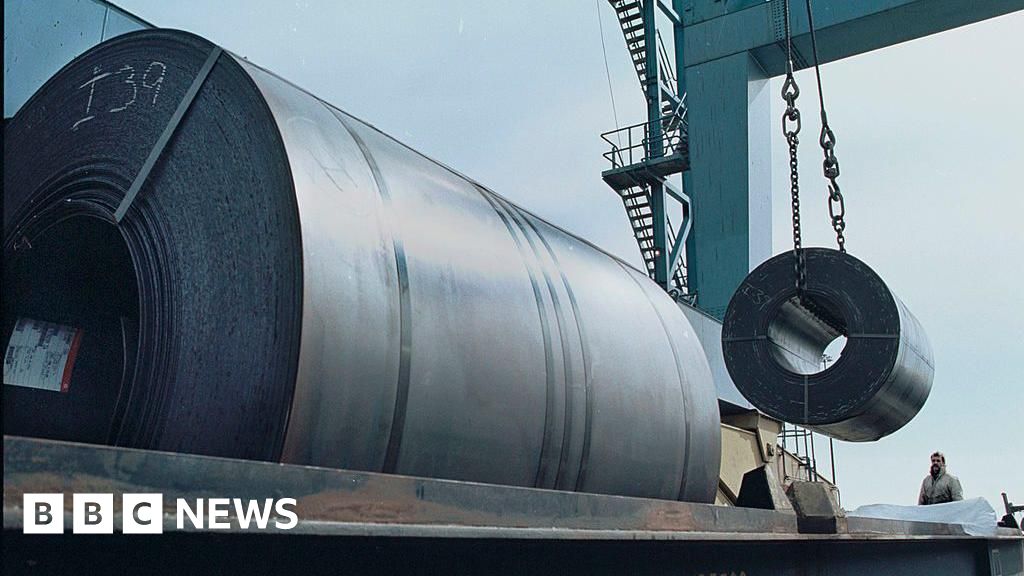General Motors Co. said in a lawsuit that San Francisco unfairly taxed it $108 million over seven years, despite the automaker having very low sales and almost no personnel in the city.
The company said that San Francisco used the presence of its Cruise self-driving unit to tie its tax bill to a portion of GM’s global revenue, which meant more than $3 billion was subject to city taxes last year alone. GM argued that San Francisco-based Cruise is wholly separate from GM and only began generating a small amount of revenue last year.
“GM’s core automotive business does not employ anyone in the city, has no plants or other physical locations in the city, has no dealerships in the city, and sells only a de minimis amount of retail goods (approximately $677,000 in 2022) in the city,” according to the complaint, filed last week in state court in San Francisco.
David Paul Morris/Bloomberg
A spokesperson for San Francisco’s city attorney said the office is reviewing the complaint and will respond in court.
The suit comes as the the city’s political and business leaders are trying to
Gross receipts tax, which makes up most of the city’s business tax, brings in about $800 million a year, the city’s comptroller said in July. At that rate, GM would account for about 2% of the city’s taxes.
The Detroit-based automaker said that under a California mandate taxes “must fairly reflect” business operations within a city and that it’s “inherently distortive” for San Francisco to bill it heavily for the payroll of Cruise. Many employees of Cruise work remotely from home, some not even in the city, according to the complaint.
GM is facing fallout over Cruise
The company seeks to recover almost $13 million for interest and penalties on top of the tax refund.
The case is General Motors Co. v. City and County of San Francisco, CGC-23-611256, California Superior Court (San Francisco).
Credit: Source link










